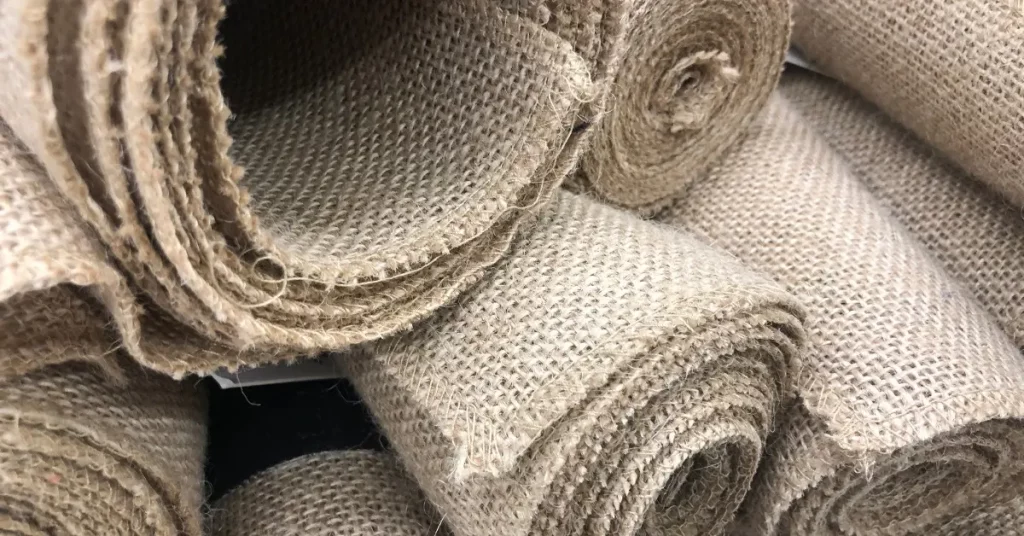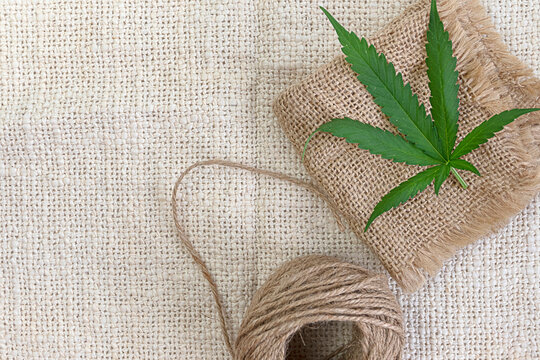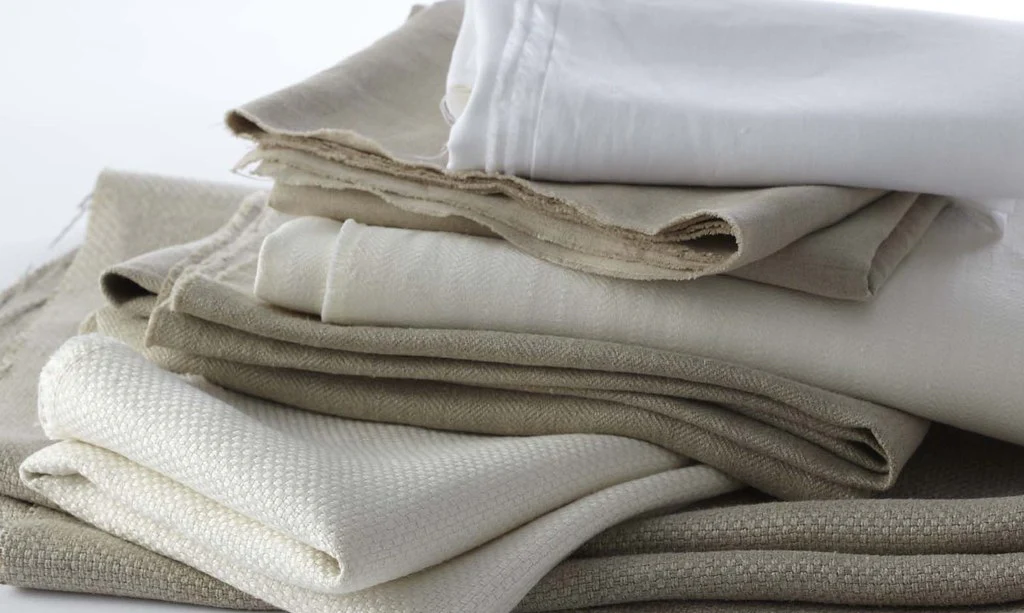In recent years, the fashion industry has faced increasing scrutiny over its environmental impact, with issues ranging from waste generation to excessive water usage. As a response, there has been a significant shift towards sustainability within the industry, with biodegradable fabrics emerging as a frontrunner. These materials are not only eco-friendly but also represent a critical step towards reducing the fashion industry’s carbon footprint.

What are Biodegradable Fabrics?
Biodegradable fabrics refer to materials that can break down naturally into non-toxic components when composted or left in the environment, thanks to the action of naturally occurring microorganisms such as bacteria, fungi, and algae. These fabrics are typically made from natural fibers like cotton, hemp, silk, wool, and modern biopolymers like polylactic acid (PLA), which derive from renewable resources.
Why Biodegradable Fabrics?
The major advantage of biodegradable fabrics lies in their ability to significantly reduce landfill waste. Unlike synthetic fibers, which can take hundreds of years to decompose and release harmful microplastics, biodegradable materials decompose much more quickly and safely.
Additionally, the production process of biodegradable fabrics often requires fewer chemical treatments, reducing water pollution and overall energy consumption. This shift not only supports environmental sustainability but also promotes better health standards for workers in the textile industry.

Leading Biodegradable Fabrics in the Market
1. Organic Cotton: Grown without harmful chemicals and pesticides, organic cotton represents a sustainable choice that is both biodegradable and soft to the touch.
2. Hemp: Known for its durability and minimal environmental footprint, hemp requires little water and no pesticides to grow, breaking down easily when composted
3. Wool: A natural protein fiber, wool is fully biodegradable and offers excellent thermal properties, making it ideal for a range of applications from clothing to insulation.
4. Tencel: Derived from the wood pulp of trees grown on specialized tree farms, Tencel is produced using recyclable, Earth-friendly solvents. When disposed of, Tencel fibers can biodegrade completely in just a few weeks under the right environmental conditions.
Environmental Impact
The environmental benefits of using biodegradable fabrics are vast. They help in reducing the dependency on fossil fuels used to make synthetic fibers and minimize the impact on landfills. The biodegradation process helps return nutrients to the soil, aiding in soil health, which is crucial for sustainable agriculture practices.
Moreover, the water conservation efforts in the production of biodegradable fabrics, such as those seen in the cultivation of organic cotton and hemp, contribute significantly to preserving vital water resources.
Challenges Ahead
While the advantages are numerous, the transition to biodegradable fabrics isn’t devoid of challenges. Issues such as cost, scalability, and the longevity of biodegradable products need addressing to ensure these fabrics can truly meet the demands of mass markets.
Education and awareness are also crucial. Consumers must be informed about the benefits of biodegradable fabrics over traditional materials. For further reading on fabric properties, check out our blog post on Natural vs. Synthetic: A Comparison of Fabric Properties

The Future of Fashion
As the industry progresses, more innovations are emerging. For an in-depth look at synthetic fibers and their applications, explore Understanding Synthetic Fibers: Types, Characteristics, and Applications
The path towards environmental sustainability in fashion is being paved by biodegradable fabrics. With continued research and development, these materials are set to revolutionize the industry, offering sustainable solutions that help protect our planet.
For those interested in diving deeper into sustainable materials, don’t miss our guide A Guide to Sustainable Cloth Materials
Discover More at Locofast
Locofast is committed to driving the fashion industry towards a greener future with our vast range of sustainable and biodegradable fabric options. Visit locofast.com today to explore how we can help you make environmentally responsible choices in your fashion endeavors. Join us in making a difference, one fabric at a time!
